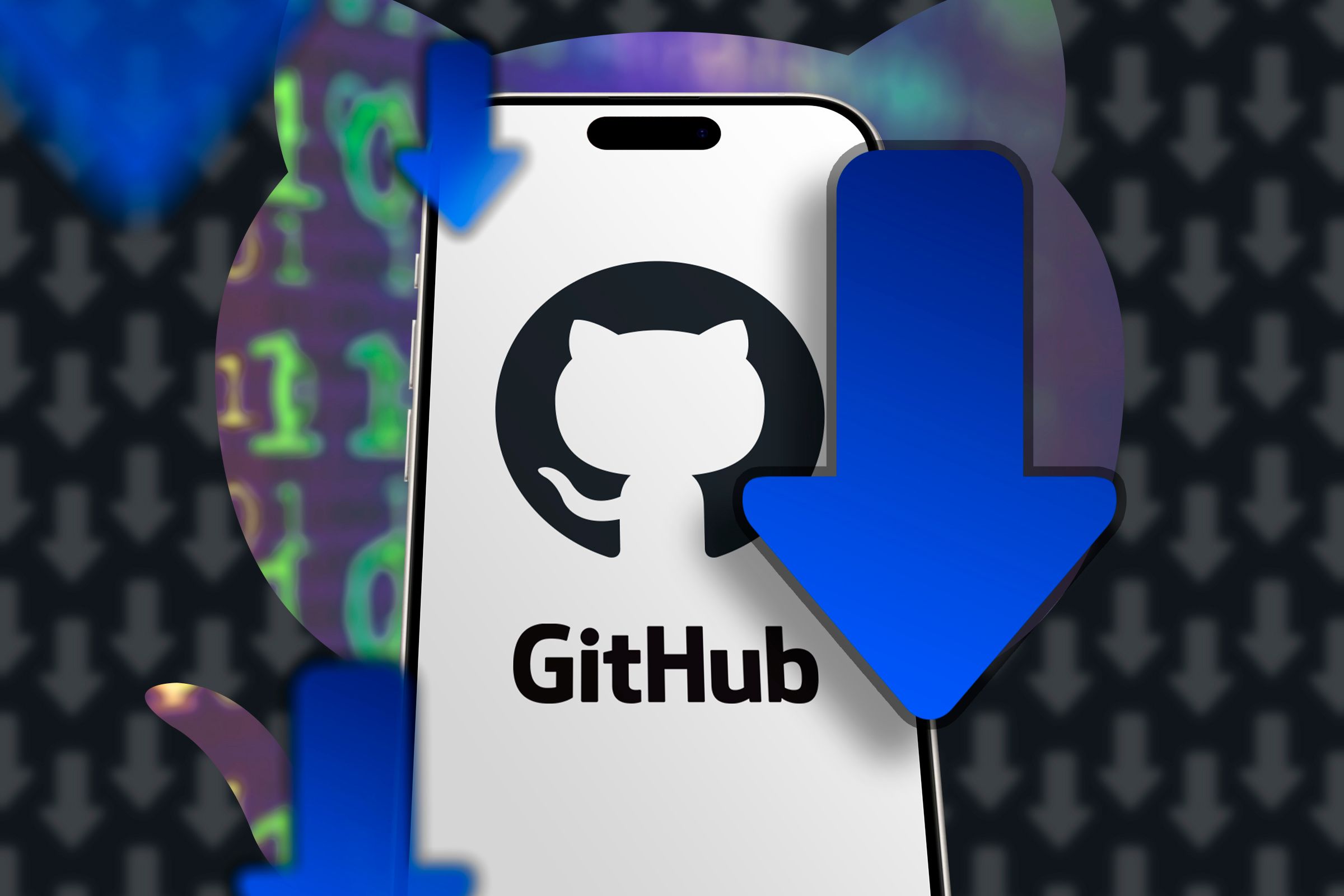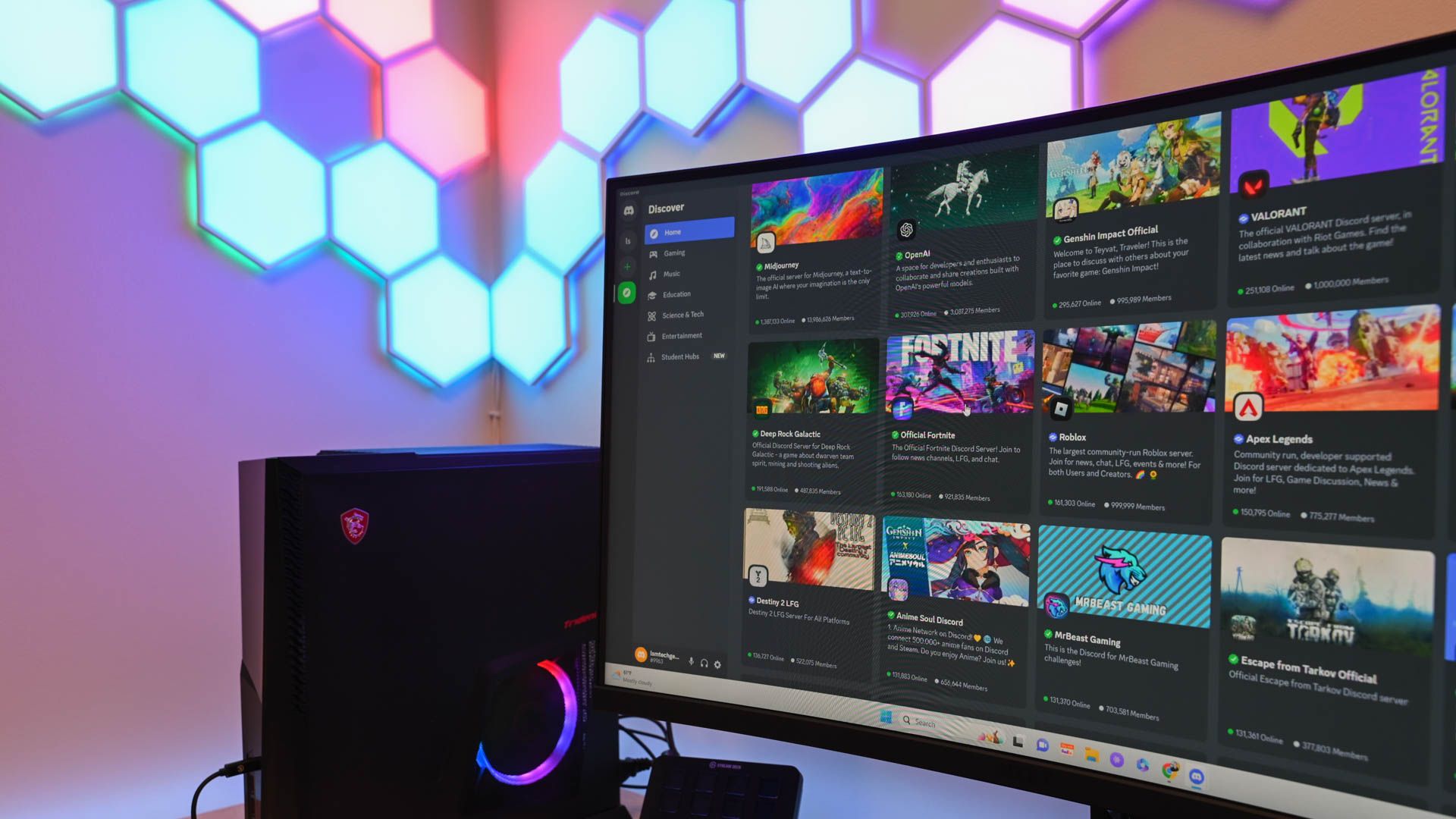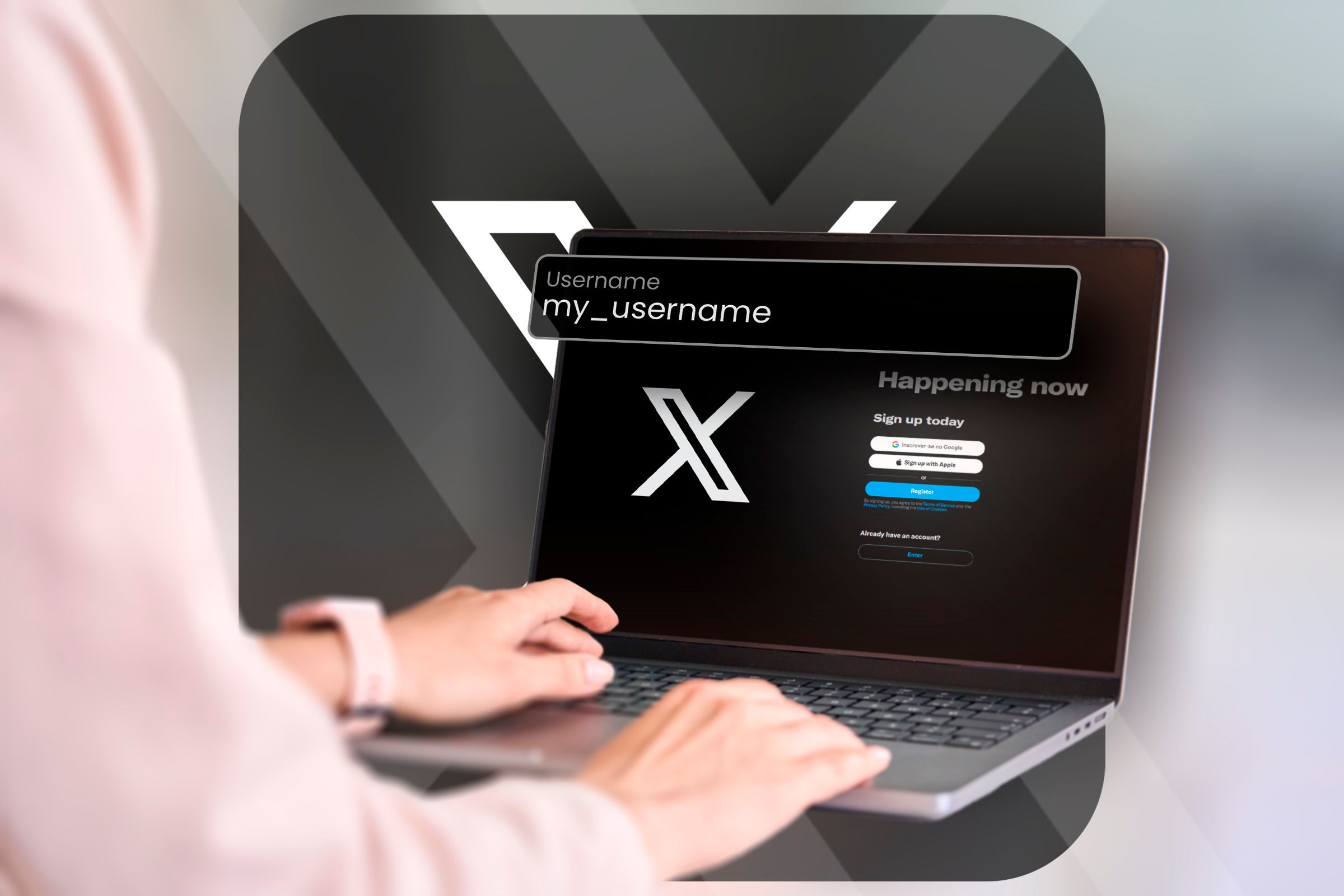I spend a lot of time looking at open source projects, for work and for fun. One of the things I’ll look at first is what kind of support and social links they have. I’ve learned to quickly tell, just by glancing at those icons, if the project is user-friendly and trustworthy.
A Lone Discord Icon Is a Bad Omen
I won’t call any out, but I often come across open source software whose websites and repository read-me files will direct me for support to one horrifying place: Discord.
To be clear, I think Discord is great. I use it every day to keep up with friends, chat about niche interests, and voice chat while gaming. What I don’t like using Discord for is solving software problems. I loathe having to join a server and verify myself, then sort through countless channels to find the one where I won’t get yelled at with “wrong channel” messages. Then when I find the right channel to ask my question, it often gets ignored or pushed up the chat timeline by other confused people making their own pleas for help.
Of course, if I want to avoid talking to people, I should be able to find out if someone else has had the same issue as me. Sometimes there’s a FAQ, if my issue is too obscure, I’m left to Discord’s awful search bar. I mostly get irrelevant results, and sometimes there are results I know exist but for some reason simply don’t appear—to name a couple of issues. It’s a nightmare compared to the search experience on a platform like StackOverflow, or even Google for that matter.
My experience isn’t even that bad, though, when you compare it with people who aren’t regular Discord inhabitants. Many, many people do not have Discord, and they get utterly confused if I start talking to them about servers and channels. Expecting those people to “just get Discord” in order to troubleshoot software is a huge ask. It’s the antithesis of openness to require those people to create an account on a closed-source platform so they can enter a walled garden of information.
That’s to say nothing of problems like spammers and scammers running rampant, and the mitigation tools like ID verification and slow mode that just annoy everyone. Discord can be a veritable hellhole when all you want is to figure out why an app won’t launch.
I could go on, but my main point is that Discord is at odds with open source philosophy. If a developer positions themselves as a champion of open source, locking support inside a proprietary app that hides helpful information and treats newcomers with hostility raises serious questions for me about how genuine they are.
Linking to X for Announcements Makes Me Cringe
Another common red flag I see on open source projects is that they rely on X (formerly Twitter) exclusively for announcements, updates, and other “public” communications. The state of openness and accessibility on X is utterly abysmal.
First of all, you need an X account to even look at a project’s X timeline, or to read complete threads. Everyone, including me, who doesn’t care or maybe even knows how to make an X account is immediately excluded from hearing from the project.
You’re also completely blocked from subscribing via RSS, one of the oldest ways of following feeds
Yes, there are niche third party tools that will let you get around X’s limited accessibility. Many of those solutions have either died or become severely restricted after X’s API access was blown up. Some are still reasonably useful but require paid subscriptions. I shouldn’t have to go through all of that just to stay up to date on a project billing itself as “open.”
Developers, Please Use Actually Open Platforms
If you’re a basic open source project, you’re probably using GitHub. While GitHub itself is not technically open source, it at least gives every repo a built-in wiki, and that’s a great place to start. Unlike Discord, anyone can see a GitHub repo’s wiki. I also vastly prefer a Discourse forum over Discord.
For announcements, Mastodon is a far better platform. Anyone can review a Mastodon’s account entire timeline, with or without an account, and view it in the app or browser they prefer. Even better, you can easily subscribe to a Mastodon account via RSS. These things are also generally possible on Bluesky, but I’ve already said why I don’t trust Bluesky to stay good.

Related
GitHub is the Best Place for Free and Open Source Software
GitHub contains almost every kind of software, completely for free. But navigating it is tough, so where do you start?
Yes, it’s harder to build up a follower count on Mastodon than on X. We’re talking about software support, though, not influencer growth hacks. Letting people access your announcements without requiring them to join X or officially follow you is far more in line with open source philosophy.
I’m sure there are other solutions out there for developers who want to get the word out about their projects, so take a look around. You’re not going to get the word out via Discord and X, and if you try, I’m going to move on to other software.









Leave a Comment
Your email address will not be published. Required fields are marked *